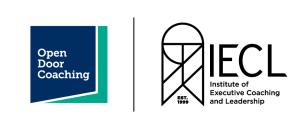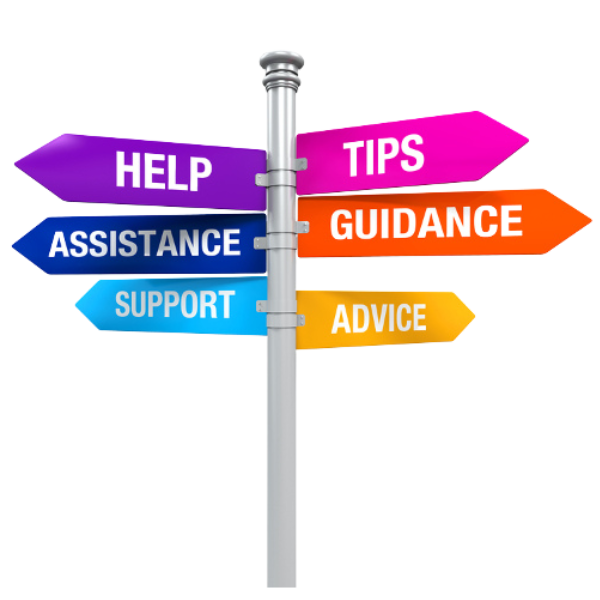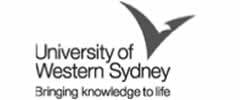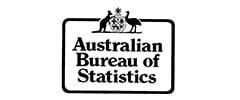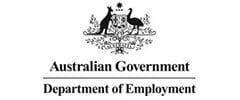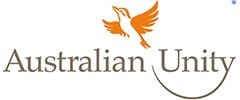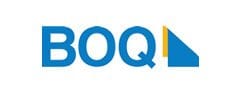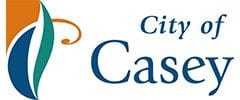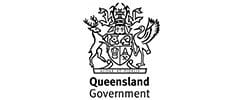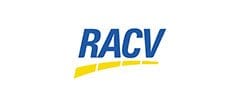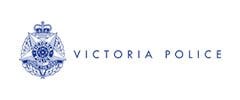With mental health in workplace, it’s ok not have all the answers. You may not know what to say to the person if you are concerned. Alternatively, wonder whether it’s your job. In addition, whether you should get others involved. For example, HR or suggest contacting the employee assistance programs.
It’s easy to feel out of your depth. In addition, as a manager or coach, when do you take off your coaching hat? And importantly, focus on a mental health conversation?
Listen to the Coaching Cafe podcasts
National Mental Health Week
National Mental Health Week is an annual awareness week. The week aims to shine a spotlight on individual and community mental health and wellbeing. Therefore, during our Coaching Café this week Paula and Brigitte focus on mental health in the workplace. In particular, answering questions. Including what to say, what not to say.
What is mental health?
The World Health Organisation (WHO) has defined mental health as: a state of well-being in which the individual realises their own ability. Furthermore, they can cope with the normal stresses of life. In addition, can work productively and fruitfully. And can contribute to their community.
When it comes to mental illness, WHO state that 1 in every 8 people in the world live with a mental disorder. In Australia, the Australian Bureau of Statistics released the National Study of Mental Health and Wellbeing in July 2022. The Study states that 1 in 5 people experienced a mental disorder in the previous 12 months.
Mental health in the workplace
Mental health problems are common in the workplace. And we know that symptoms can affect performance. This includes:
- Decreased productivity
- Furthermore, decreased engagement
- Increased absenteeism
- Inability to concentrate
- In addition, the inability to interact with others effectively
- Conflict in teams or with managers
- And increased errors and accidents
Mental Health First Aid Australia, suggest that some people manage their symptoms themselves. Whilst others will require support. And that most people with mental health problems, who receive treatment, respond with improved work performance.
We also know from our Mental Health First Aid training that: there are benefits in investing time and support to retain an experienced and skilled employee with a mental health program. In particular, it is usually more cost-effective than recruiting and training a new person.
It’s ok not have all the answers
With mental health in workplace, it’s ok not have all the answers. You may not know what to say to the person if you are concerned. And wonder whether it’s your job. It’s easy to feel out of your depth.
The good news is there are lots of people resources available to help you. These include:
- Talking to your trained human resources representatives. Importantly, they might not have all the answers either. However, with training in mental health first aid, they will be able to assist you in finding the right person to speak to.
- Furthermore, reach out to the Employee Assistance Programs (EAP). Most organisations offer a confidential EPA. And it is free of charge. The EAP can provide you with guidance and support.
- In addition, find out who are the Mental Health First Aiders in your organisation
- Or reach out to the National organisations such as:
- Lifeline – lifeline.org.au 13 11 14
- Beyond Blue – beyondblue.org.au 1300 224 636
- And you’ll find an excellent list of resources at: https://www.healthdirect.gov.au/mental-health-helplines
FREE Coaching Cafe Webinar
Every week our team of experts present “Coaching Cafe” webinar with topics for Managers, Leaders, Business Owners, and everyone who wants to be a better workplace coach, leading their teams to higher productivity, better outcomes and a happier, healthier workplace.
